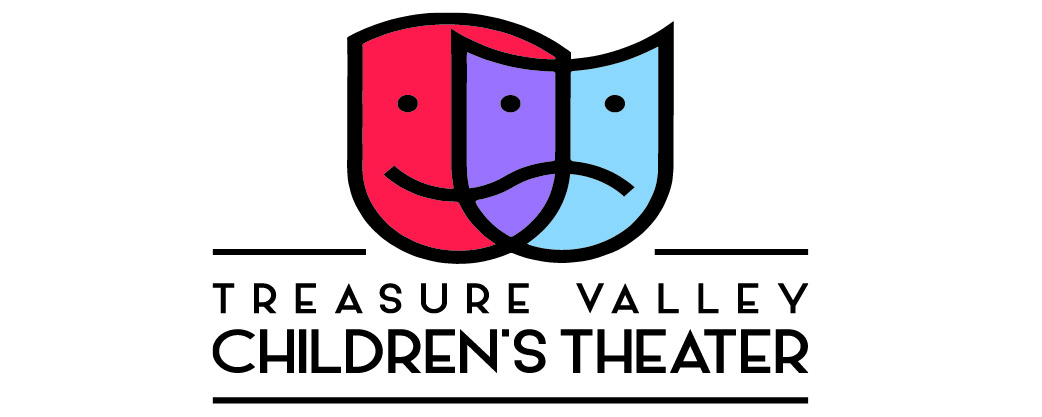Post 3 of 4: a letter to the new-to-theater family
Welcome back! In today’s post I want to share a bit about the process of preparing a show, including why parent’s are discouraged from attending, why we take commitment so seriously, and what it means to the show when you “no show.” If you missed my first two posts, you can check them out here.
When was the last time you set a goal for yourself? Whether a personal goal (weight loss is always on my list) or a professional goal (going to get that big bonus this year!) or maybe a family goal (keeping the house tidy for a whole month). Goals take thought, planning, and – if you want to achieve your goal – Commitment with a capital C. So does putting on a show.

Hours of thought, creativity, planning, and fundraising go into a project before an audition announcement is even released. At Treasure Valley Children’s Theater, our team is working on shows 6 months or more in advance of production. WHY? Because that is what it takes to create art.

When your child is cast in a show, they – and by extension, YOU – are asked to assume a responsibility to the Goal and Commit to the team. If you were involved in youth sports, or competitive debate, or show choir, you can relate with the idea of working together to achieve a goal. Creating great theater is absolutely no different than preparing your team for the playoffs. And when one member of the team isn’t Committed, it hurts the entire outcome.
Don’t be “THAT” kid.
The kid who shows up with a negative attitude. The kid who shows up late. The kid who just doesn’t show up. This behavior is the #1 reason why theater kids don’t get cast in more projects. You may have the most talented, quadruple-threat performer (sings, dances, acts, plays an instrument, tumbles, juggles chainsaws blindfolded, etc.), but if they lack Commitment to the process, if they are rude to the people they are assigned to work with, they don’t belong in the performing arts. In fact, I don’t care what career field, I don’t want to work with someone like that. Do you?

A Performing Arts opportunity should be taken seriously. As an audience member, you experience the commitment to the process when you see a great show. At TVCT we like to tell our young performers that we don’t put cute kids on stage. We produce great stories with young actors who understand their job. Acting is a job. Every role assigned is important to the completion of the job. This is why we ask that you take the process seriously. Get your kid to rehearsal on time. Make sure they are prepared with a full belly (of nutritious food), a water bottle, their script, and dressed appropriately for the activity (including shoes that stay on their feet). This is why we request schedule conflicts in advance of casting. At TVCT, we build our rehearsal schedule around known conflicts to try and avoid having actors absent during a needed rehearsal. This is why we ask your young actor – and by extension, your family – to consider HEALTH during a production process (more on that in a future post). Commitment to the process not only results in an outstanding product, but teaches your young performer an important lesson about the value of Goal setting and Commitment. A quality Performing Arts experience can teach young people leadership skills that will help them succeed no matter what career they choose.

Are you a proud theater parent yet? You should be. Your young performer is a future leader. Just you wait…
In my next post, I want to talk about the real world skills your child (and possibly you) are gaining from participating in a Performing Arts program. If you have questions you would like answered in these posts (or just in email), please contact me!
Until next time, you got this!



